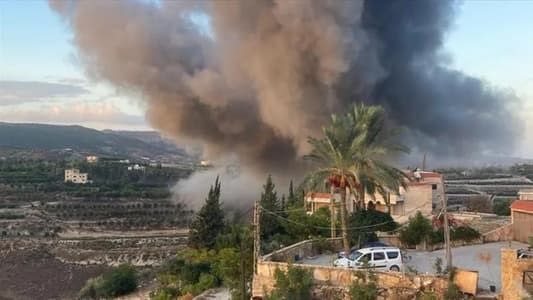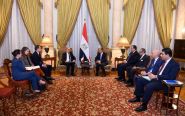
The latest report from Dr. Nasser Yassin, Head of the Government's Emergency Committee and Caretaker Minister of Environment, reveals that a total of 9,666 airstrikes have been launched since the attacks began, including 78 in the last 24 hours alone.
The Ministry of Health has reported 26 additional deaths and 144 more wounded over the past day, bringing the overall casualties to 2,255 killed and 10,524 injured. The health sector has not been spared, with 94 healthcare workers killed and 74 wounded since the hostilities began. The toll on children is especially tragic, with 127 children killed and 890 wounded in the past three weeks.
As the humanitarian crisis intensifies, 1,032 shelters have been opened to accommodate internally displaced persons (IDPs). However, 863 of these shelters have reached full capacity, forcing additional families to seek refuge elsewhere. A total of 187,900 IDPs, equivalent to 41,000 families, have registered in these shelters.
The Government's Emergency Committee, responsible for handling international aid, has provided food and cash assistance to over 169,000 individuals. A further 146,000 IDPs have been supported in 615 shelters, with meals covering around 70% of shelter residents. Humanitarian organizations like WFP and UNICEF have sent 18 truckloads of food, water, and hygiene supplies to support those on the frontlines in southern Lebanon.
The education system is also feeling the strain, with about 60% of public schools being repurposed as shelters. The Ministry of Education and Higher Education (MoEHE) is working to ensure that learning continues despite the disruption.
Meanwhile, healthcare remains a top priority. The World Health Organization (WHO) has delivered 13 trauma and surgical kits to six hospitals, enough to perform 100 surgeries for 50 patients each. Additionally, 763 shelters have been linked to primary healthcare centers to guarantee continuous health services.
In terms of water, sanitation, and hygiene (WASH), 583 shelters housing 115,323 individuals have received 37,600 essential kits, including 27,800 hygiene kits. Furthermore, 791,000 liters of drinking water and 6,800 cubic meters of water for domestic use have been distributed.



Comments